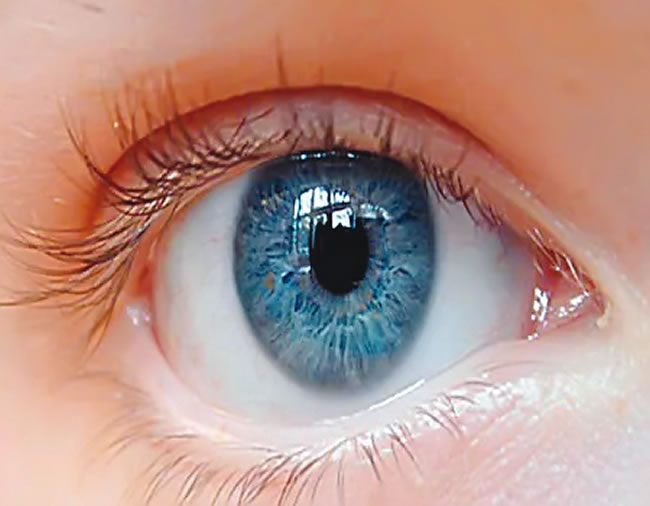A glaucoma specialist, Professor Olusola Olawoye, has said that overwhelming evidence suggests that vision impairment in later life is associated with more rapid cognitive decline and an increased risk of dementia.
Olawoye, head of the glaucoma unit at the University College Hospital (UCH), Ibadan, said that loss of vision impacts so many aspects of people’s lives beyond just how they see the world but is implicated also in the development of dementia later in life.
She stated that a study in Africans that have glaucoma discovered that they had a gene that is quite similar to that which causes Alzheimer’s dementia.
“We know that glaucoma is the commonest cause of irreversible blindness worldwide and globally, with the highest prevalence in Africans, whether they are in Africa or in the Diaspora.
“So, saying that visual deficits may raise dementia risk is not too surprising; vision is one of the things people are beginning to look out for as a risk factor for dementia.
“Vision loss is a devastating morbidity. Studies have shown that people who lose their vision in the prime of life are more likely to die prematurely. They are more likely to have other forms of diseases because of issues with being able to take care of themselves and making a living at that old age,” he said.
Professor Olawoye, however, emphasised regular yearly eye checkups for Nigerians as a step towards picking and treating eye diseases that could cause vision loss.
“It’s important that as we age, from the age of 40 and above, all black Africans should get an eye examination annually, except of course, the doctor says that it should be done two yearly,” she declared.
In 2019, 57 million people worldwide were living with dementia, a figure expected to soar to 153 million by 2050. A recent Lancet Commission report suggests that nearly half of dementia cases could be prevented or delayed by addressing 14 modifiable risk factors, including impaired vision.
Worldwide, the prevalence of avoidable vision loss and blindness in adults aged 50 years or older is estimated to hover around 13%.
A recent Lancet Commission report suggests that nearly half of dementia cases could be prevented or delayed by addressing 14 modifiable risk factors, including impaired vision.
The evidence includes a meta-analysis of 14 prospective cohort studies with roughly 6.2 million older adults who were cognitively intact at baseline. Over the course of up to 14 years, 171,888 developed dementia. Vision loss was associated with a pooled relative risk (RR) for dementia of 1.47.
A separate meta-analysis also identified an increased risk for dementia (RR, 1.38) with visual loss. When broken down into different eye conditions, an increased dementia risk was associated with cataracts and diabetic retinopathy but not with glaucoma or age-related macular degeneration.
The mechanisms behind these associations might be related to underlying illness, such as diabetes, which is a risk factor for dementia; vision loss itself, as might be suggested by a possible effect of cataract surgery; or shared neuropathologic processes in the retina and the brain.
Read Also: FG vows to undertake holistic reforms in correctional service
